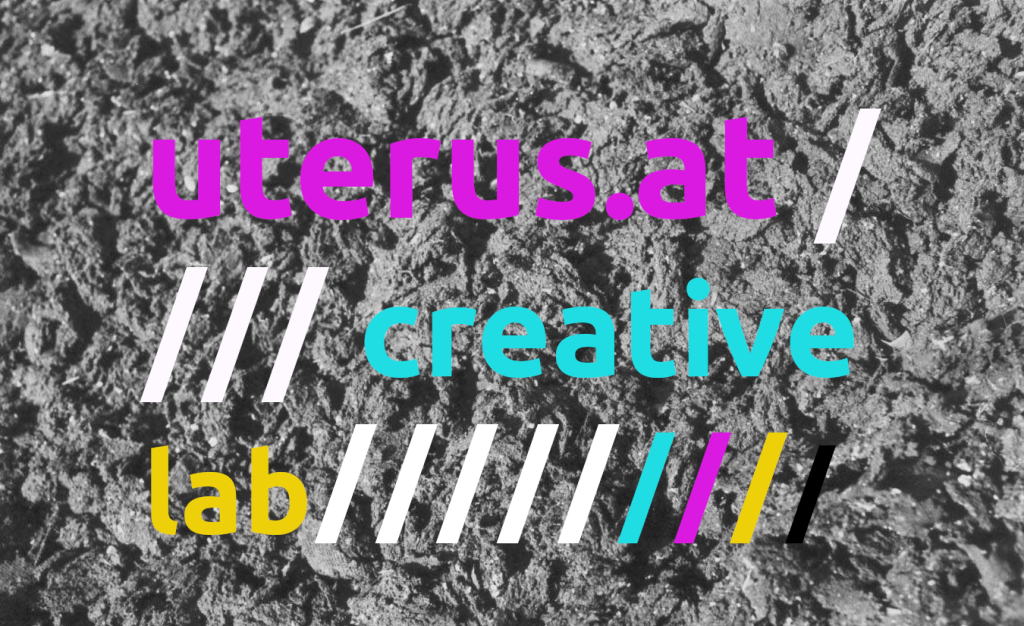
Laboratory for experimental technologies
- by Oren MatarHow to constrain your model to output defined formatsIn this post I will explain and demonstrate the concept of “structured generative AI”: generative AI constrained to defined formats. By the end of the post, you will understand where and when it can be used and how to implement it whether you’re crafting a transformer model from scratch or utilizing Hugging Face’s models. Additionally, we will cover an important tip for tokenization that is especially relevant for structured languages.One of the many uses of generative AI is as a translation tool. This often involves translating between two human languages but can also […]
- by Nikita KiselovDiscover how to build custom LLM evaluators for specific real-world needs.Continue reading on Towards Data Science »
- by Valerie CareyWhen can code hierarchies improve target encoding for high-cardinality categorical features?Continue reading on Towards Data Science »
- by Madison HunterA quick tutorial on how to work with these computer-modelled binary files.Continue reading on Towards Data Science »
- by Hennie de HarderHow to craft slide decks that stand outContinue reading on Towards Data Science »
- by Mike HulsSave your Python app’s performance by efficiently loading queryContinue reading on Towards Data Science »
- by Volker JanzDiscover the basics of using Gemini with Python via VertexAI, creating APIs with FastAPI, data validation with Pydantic and the fundamentals of Retrieval-Augmented Generation (RAG)Photo by Kenny Eliason on UnsplashWithin this article, I share some of the basics to create a LLM-driven web-application, using various technologies, such as: Python, FastAPI, Pydantic, VertexAI and more.You will learn how to create such a project from the very beginning and get an overview of the underlying concepts, including Retrieval-Augmented Generation (RAG).Disclaimer: I am using data from The Movie Database within this project. The API is free to use for non-commercial purposes and complies with the […]
- by Benjamin MarieUp to 40x faster than llama.cpp?Continue reading on Towards Data Science »
- by Marcin KozakEven quite complicated Python comprehensions can be more readable than the corresponding for loops.Continue reading on Towards Data Science »
- by TDS EditorsThere are times when brevity is a blessing; sometimes you just need to figure something out quickly to move ahead with your day. More often than not, though, if you’d like to truly learn about a new topic, there is no substitute for spending some time with it.This is where our Deep Dives excel: these articles tend to be on the longer side (some of them could easily become a short book!), but they reward readers with top-notch writing, nuanced explanations, and a well-rounded approach to the question or problem at hand. We’ve published some excellent articles in this category recently, […]